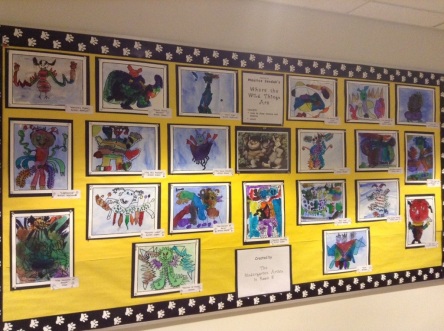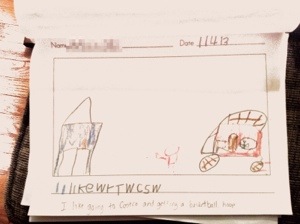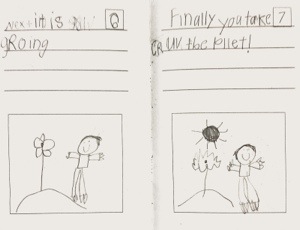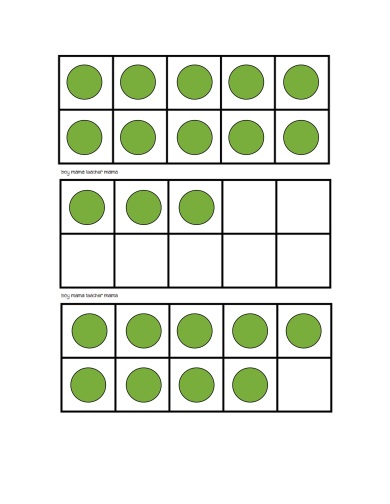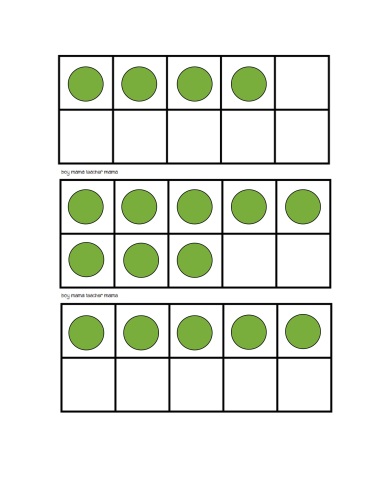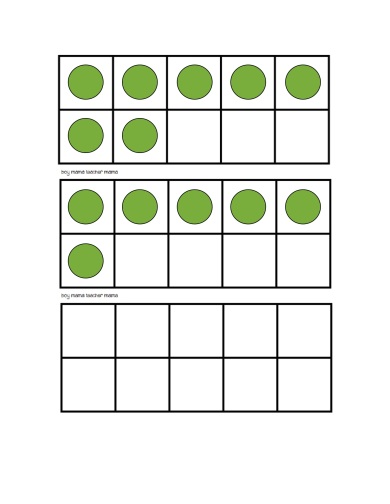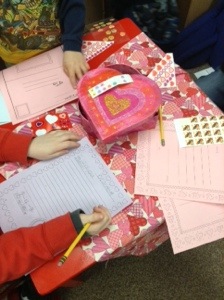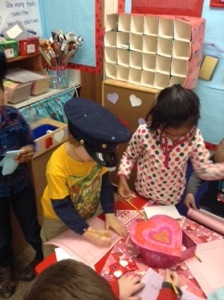Last night I thought about all the things I hope to accomplish this year, my very first as a REAL teacher, and I found myself thinking about my hopeful accomplishments as promises, things I can promise my future students. I can’t promise them that I’ll be a perfect teacher. I can’t promise that I will always be patient, that I’ll always know what to say, that my lessons will always be engaging or high on Bloom’s Taxonomy (hey, I’m still figuring all this pedagogy out). But these are the things that I can promise them:
1. I will have high expectations. Because it’s how you will learn to know you are capable. It’s how you will know that I have faith in you and your intelligence and your abilities and your work ethic. Maybe you’ll flounder sometimes, but learning doesn’t happen if everything is easy. And if I make everything easy, if I set the bar so low that you never struggle, I’m doing you and your future self a huge disservice. And on your journey to meeting and/or exceeding those expectations, I will be your biggest cheerleader.
2. I will be tough. You’re not going to get away with anything with me. I’m not that kind of person, I’m not that kind of teacher. I will make clear to you from the get-go how I expect to be treated, how I expect you to treat others, and I won’t let you stray from those guidelines. I will be tough because I care about the kind of person you become and I want you to build your character so you can be the kind of person you are proud of being.
3. But I will also be quick to smile and laugh. I will bring joy to our classroom, I will welcome you every morning with warmth because I want you to experience school as a happy place, as a place where joy and wonder and laughter are encouraged.
4. I will value you and your context. You are more than the sum of your parts; but you are also inextricable from your family, your culture, your community, your religion, the way you are raised. I want to be valued for the way those things have shaped me, so I will do the same for you.
5. I will learn right alongside you. Before I am a teacher, I am a learner. And on our first day together, I will tell you this so that you know learning never ends. I will never be the best teacher, or know all of the best practices, but I can always be improving, always trying new things and if they don’t work, trying others. I will lead by example because I want you to step into this world knowing you have something to offer, and you always have something to learn.
I can’t wait to have students in my classroom and in my life!
